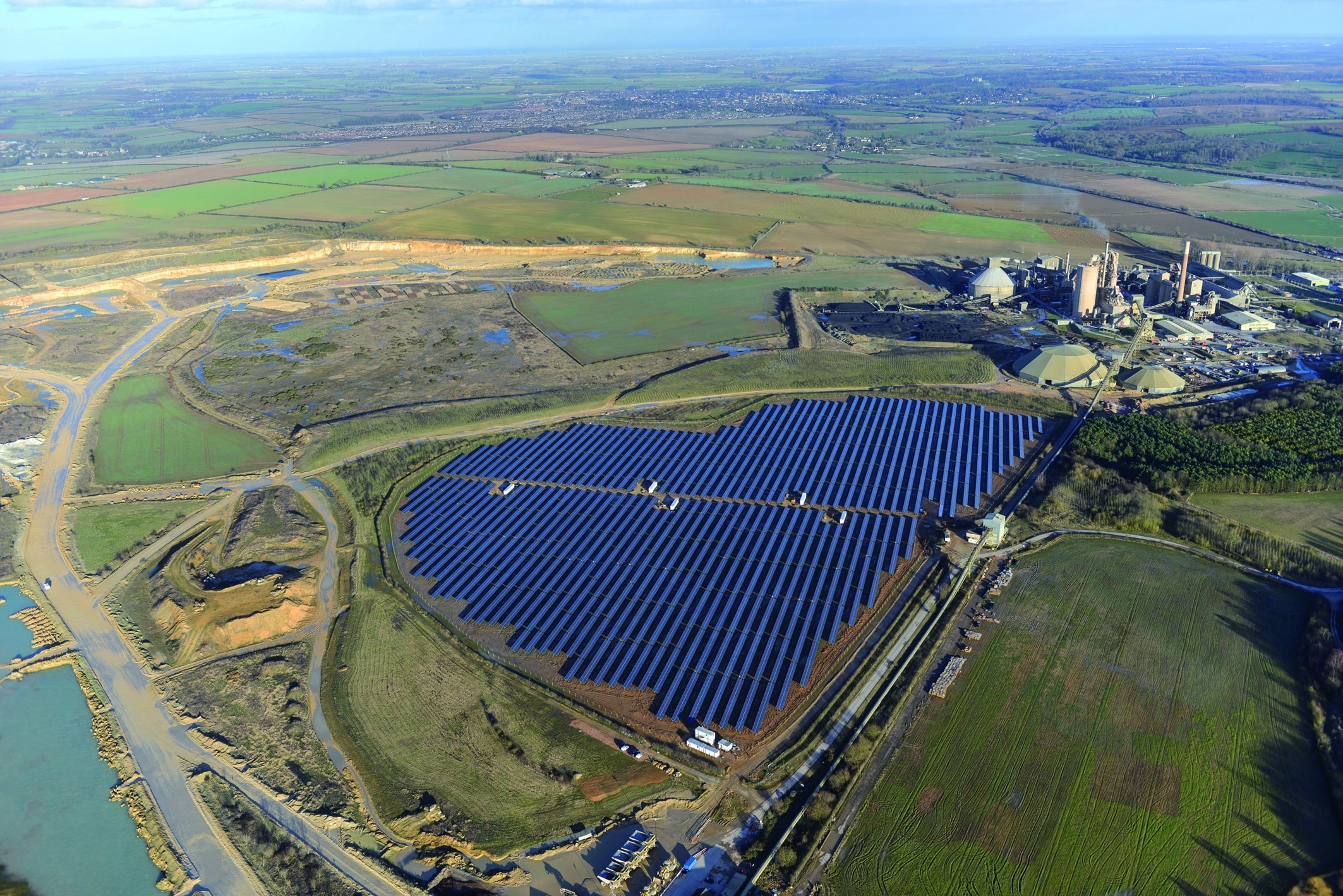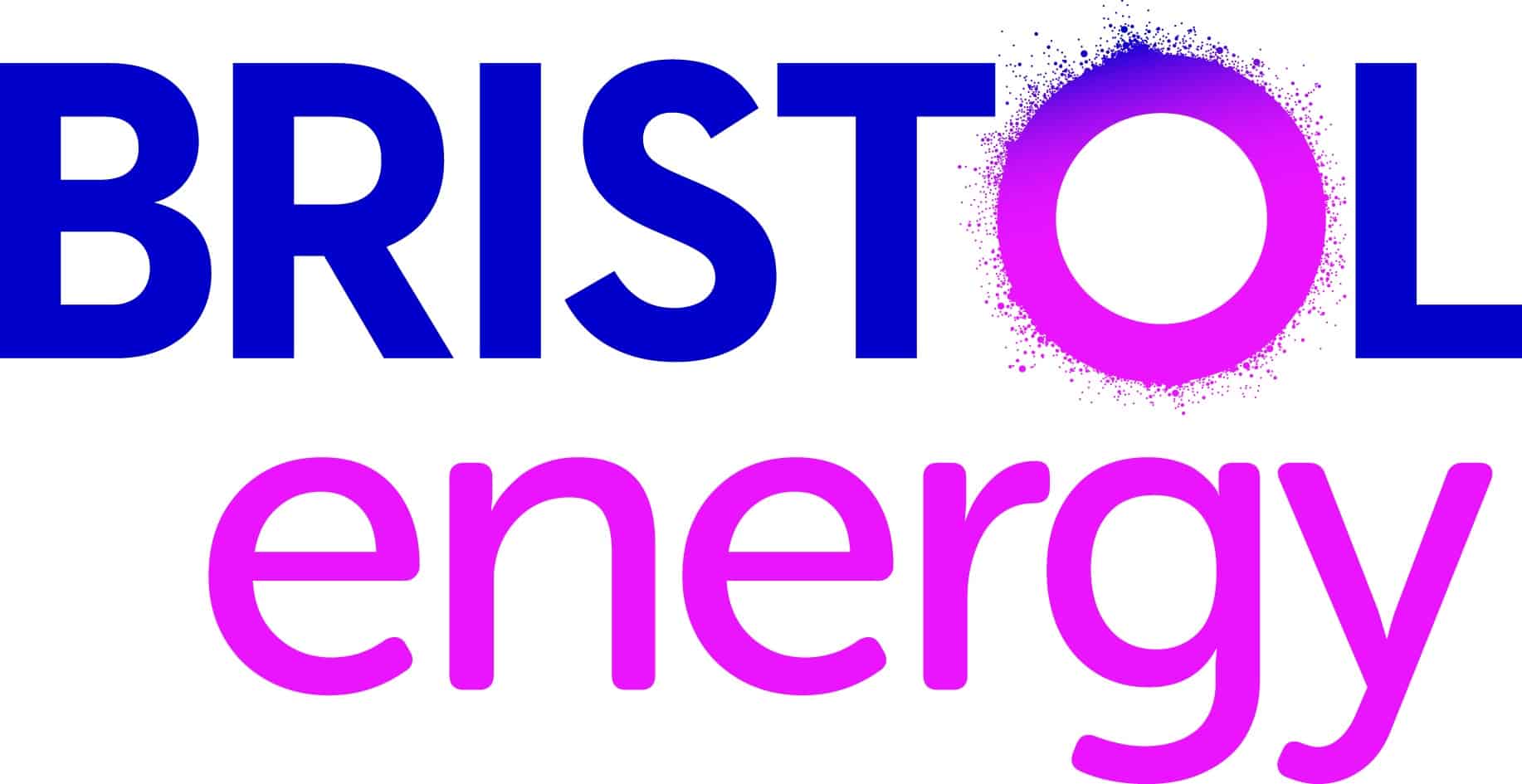Investing is renewable energy is generating significant returns in comparison to traditional fossil fuels in the U.K., Europe and the U.S. However, the total amount being invested still isn’t at the required level to prevent the effects of climate change.
This is according to the latest research by Imperial College London and the International Energy Agency (IEA). Data from the stock market was analysed over a five and ten-year period to calculate the rate of return on energy investments. Investing in renewables in France and Germany yielded returns of 178.2%, while fossil fuels provided -20.7%, both over a five-year period. The U.K. also offered a similar outlook, green energy yields returns of 75.4%, while fossil fuels only offered 8.8%, again this is over a five-year period. Meanwhile, the United States had much larger returns for both fuel types, with renewables offering a return rate of 200.3% and fossil fuels at 97.2%.
Overall, stocks in green energy weren’t as volatile in comparison to their fossil foul counterparts. Clean initiatives remained relatively robust, even amidst the coronavirus pandemic, however, oil and gas plummeted. It is worth noting that the average market cap in the renewables portfolio was still less than 25% to that of the fossil fuel average market cap. Renewables account for an estimated $2.42 billion and hydrocarbons account for around $9.89 billion.
Charles Donovan, director of the Centre for Climate Finance and Investment at Imperial College and the report’s lead author, said: “The conventional wisdom says that investing in fossil fuels is more profitable than investing in renewable power. The conventional wisdom is wrong.”
Despite this, even with fossil fuel markets remaining highly volatile in recent months and years, Donovan said that many investors remain committed and find it difficult to let go of hydrocarbons. “Many investors are sleepwalking through a technological disruption of the energy industry, preferring to believe in a fairyland where upstream oil and gas projects earn big risk-adjusted returns,” He also warned that, even with the impressive returns from renewables, the numbers had “not triggered anywhere near the level of investment required” to prevent the effects of climate change.
In a separate report, the International Energy Agency showed that total global investment in energy decreased by 20%, worth almost $400 billion when compared with 2019. This was primarily due to the coronavirus pandemic. The IEA stated that this reduction is “staggering in both its scale and swiftness, with serious potential implications for energy security and clean energy transitions.”
The pandemic does have a part to play in this according to the IEA. Contributing factors include a reduced demand for energy, cheaper gas and electric prices and more customers failing to pay their bills.
Fatih Birol, IEA’s executive director, said: “The crisis has brought lower emissions but for all the wrong reasons. If we are to achieve a lasting reduction in global emissions, then we will need to see a rapid increase in clean energy investment.”
Worldwide investment in renewable energy was already below the required level to meet the Paris Climate Agreement target, this was the case even before the coronavirus. The IEA believes that countries across the globe will need to double their annual investment from $310 billion to more than $660 billion to achieve this.
Hopefully, as countries lift lockdown restrictions and society returns to some level of normality, clean energy projects can be restarted.





